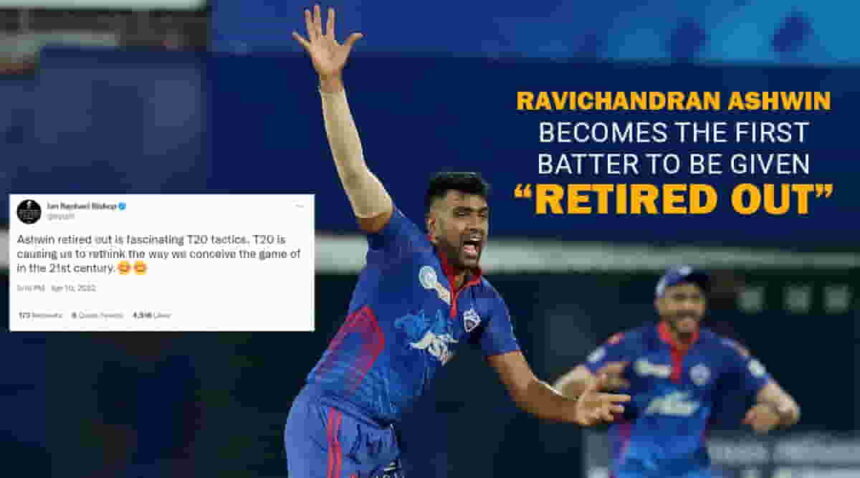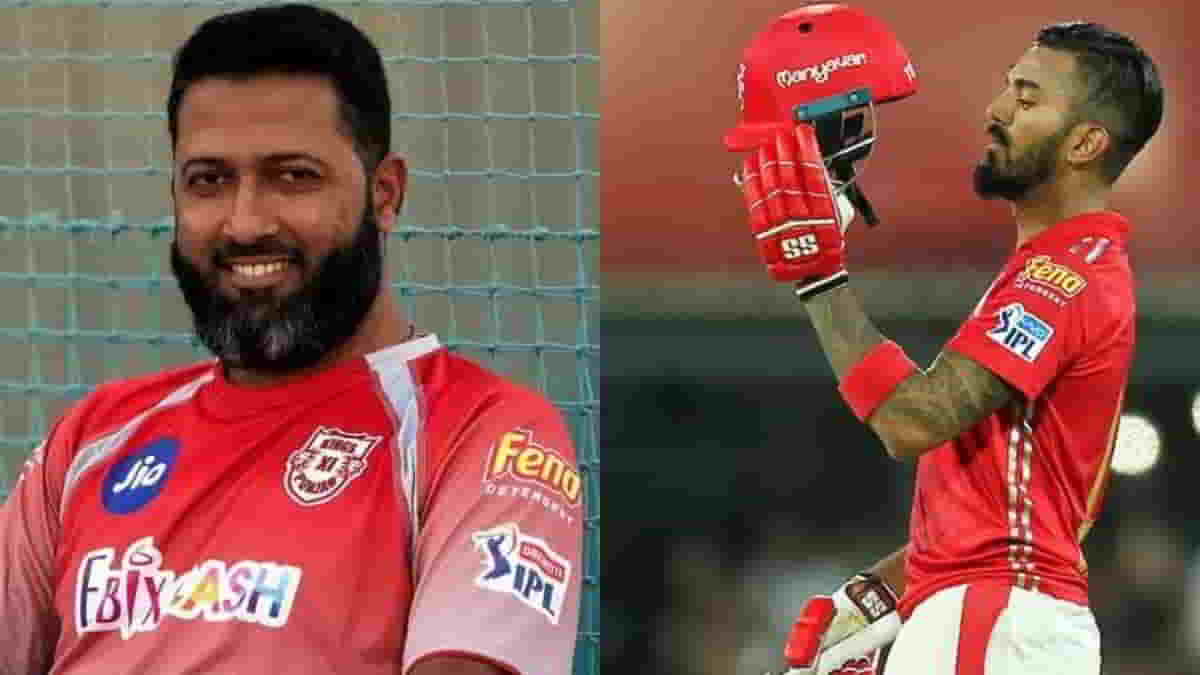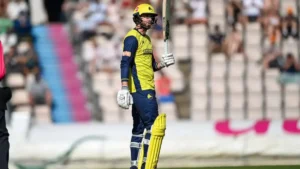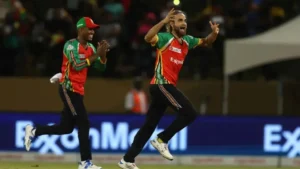The Lucknow SuperGiants and the Rajasthan Royals squared off on Sunday at Wankhede Stadium. After the final shot of the match, the outcome of the match was decided in a nail-biting finale. The Rajasthan Royals ultimately won the match by a slim margin of three runs. And with 6 points, it assisted Rajasthan Royals in moving up the rankings. After the defeat, Lucknow SuperGiants dropped to fifth place, suffering their second loss of the year.
The captain of Lucknow SuperGiants, KL Rahul, elected to bowl first after winning the toss. Rajasthan Royals got off to a strong start by scoring 42 runs in the opening five overs. But when Jos Buttler was out, Rajasthan lost further wickets often. They had trouble at 67 runs in 4 wickets after the first ten overs. And as there was not much time left for batting, RR chose to bat Riyan Parag at number six instead of Ravichandran Ashwin. Apart from two consecutive sixes off Krishnappa Gowtham, Ashwin had trouble timing the ball.
Ravichandran Ashwin: The First Batter to Receive “Retired Out”.
A skilled batsman was waiting in the dugout when RR made an unexpected choice. Ashwin singled the first ball of the 19th over before sprinting to the locker room. Everyone on the pitch was shocked to see him act in this manner. After making 28 off 23 balls, he was then pronounced retired. Riyan Parag, who smashed a six in the final over and scored eight runs off of four balls, was brought to the crease. The game margin was only three runs. Therefore, it turned out to be a wise move by RR.
Ashwin also made history by becoming the first player in IPL history to be retired with this. Three more batsmen have received retired out in T20s in addition to him. Shahid Afridi for Pakistan, Sonam Tobgay for Bhutan, and Sunzamul Islam for the Cumilla Warriors are other batters.
Let’s consider MCC Law 25.4.3 from the standpoint of cricket law. It states that “if a batsman decides to retire for any reason other than sickness, injury or other inescapable circumstance, the session of that batsman may be renewed only with the approval of the opposing captain.” That batsman must be listed as “Retired-out” if, for any circumstance, their innings are not continued.
“Get more sports news, cricket news, and football updates, log on to sportsdigest.in. Follow us on Facebook or Twitter and Subscribe to our YouTube Channel.”


























